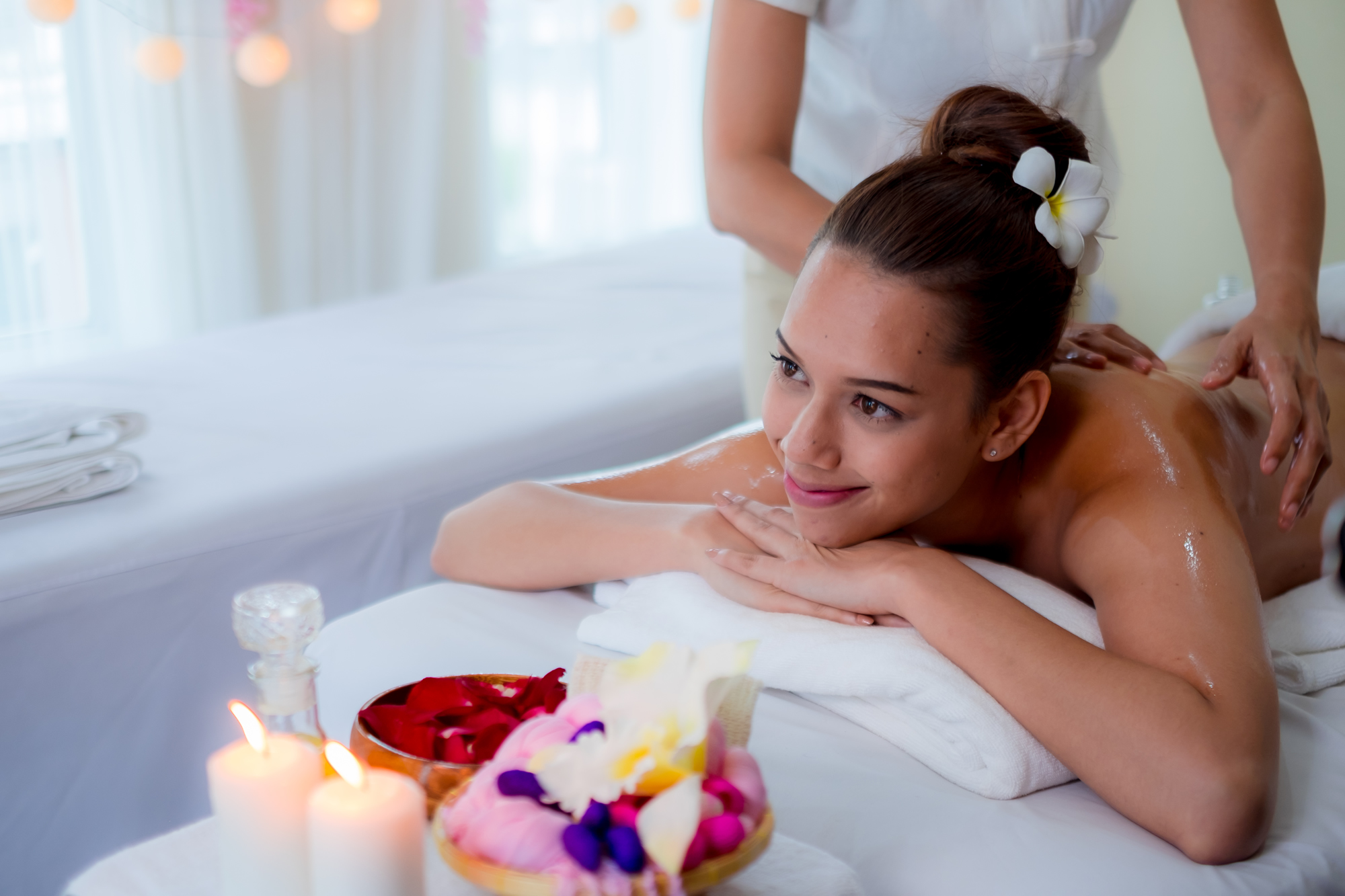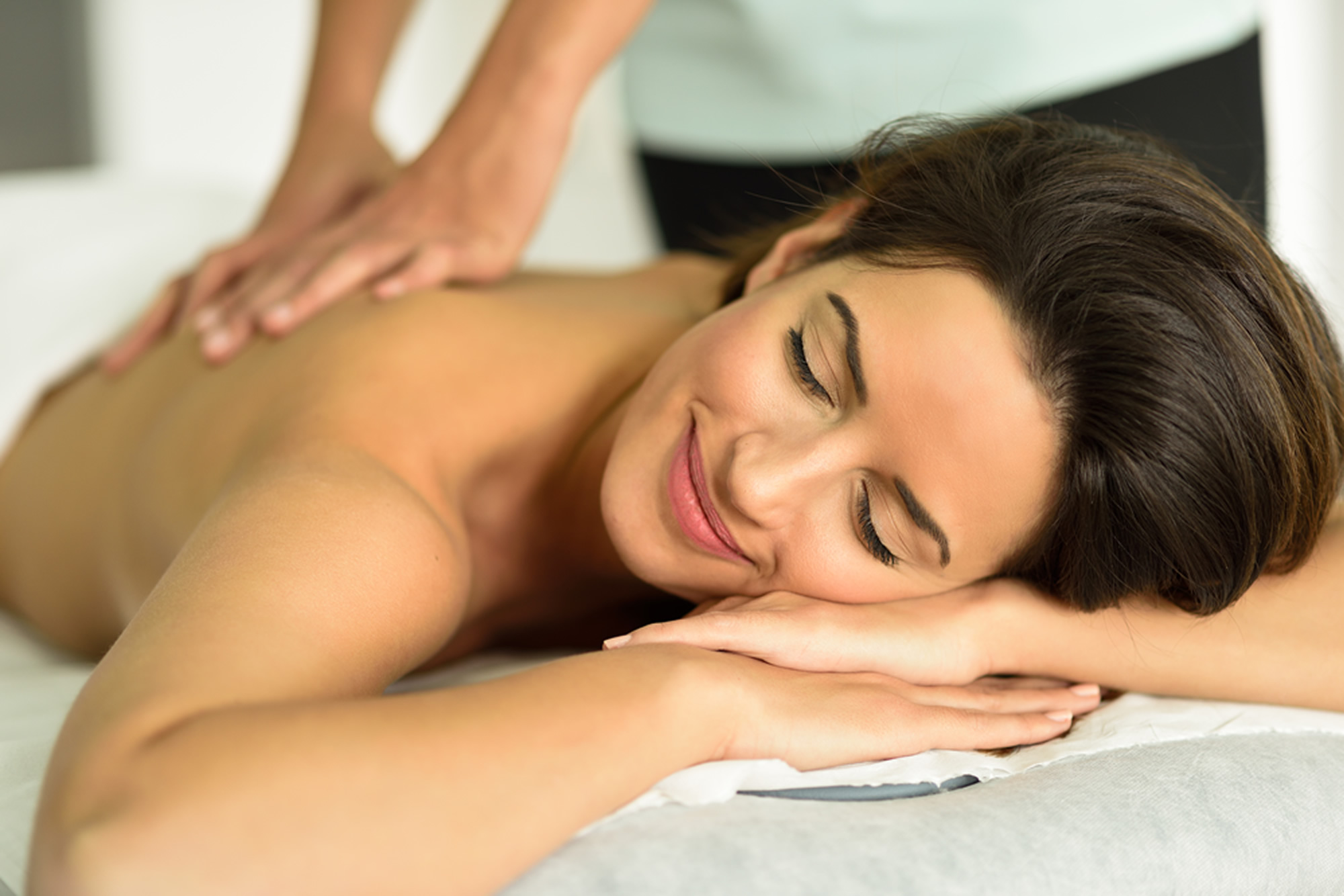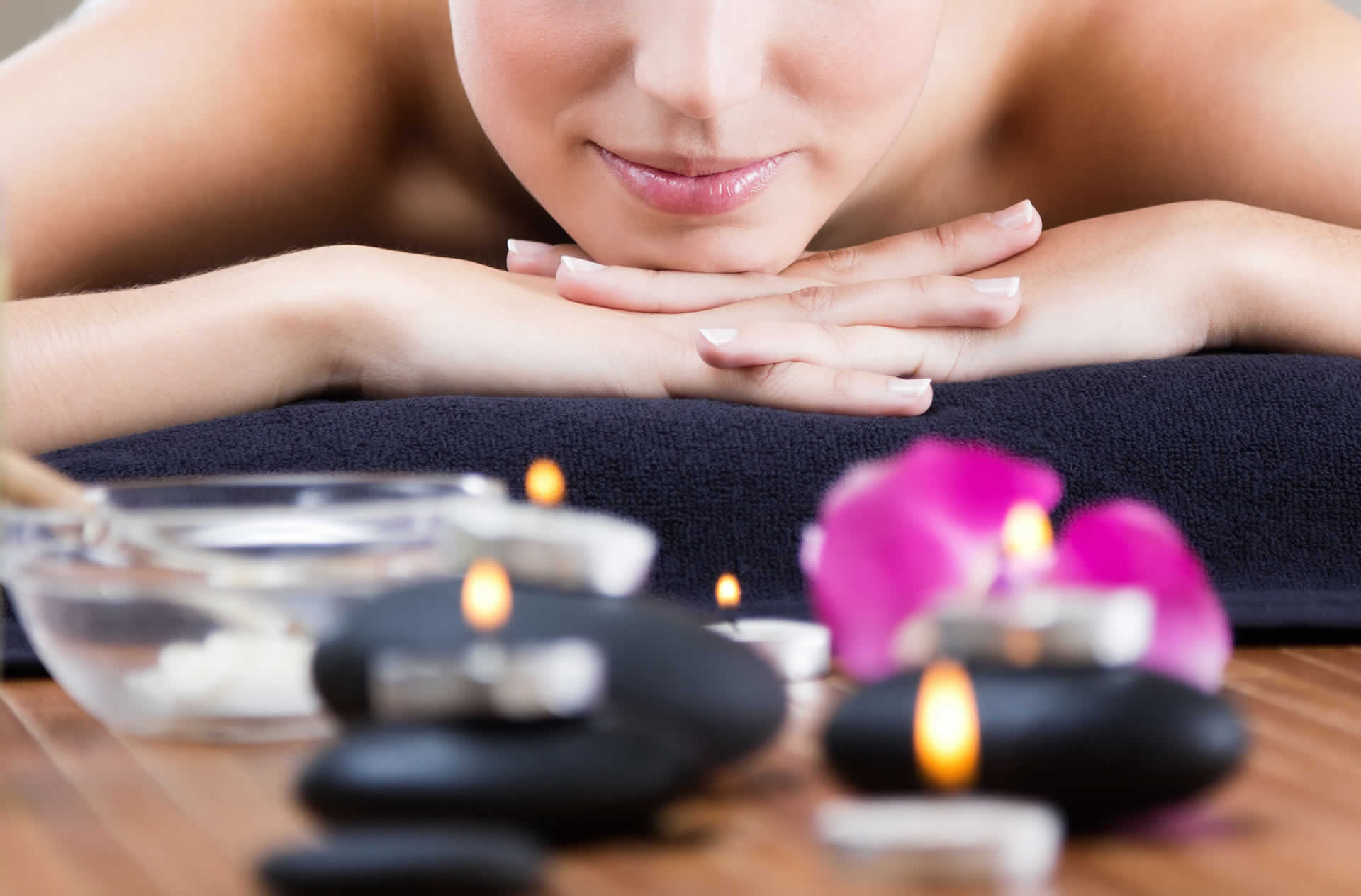[vc_row][vc_column][vc_column_text]The woman — in her 80s — hadn’t spoken in months. The nursing home staff figured she had lost the ability. But after six silent months of regular massage sessions, massage therapist Dawn Nelson heard a soft voice utter: “That feels good.”
Nelson, author of “From the Heart Through the Hands” and creator of the program “Compassionate Touch For Those in Later Life Stages,” says massage has improved quality of life for many older, not-so-mobile clients.
In addition to boosting circulation, easing stress and relieving aches and pains, all important physiologically for people who don’t move around much, massage bestows a basic human need the elderly often go without: touch.
“Just like at the beginning of life, when you’re not touched, you don’t thrive,” said Nelson, who works with older people who are isolated in their homes or living in institutionalized care.
While extensive research has shown that massaging infants benefits their development, particularly in premature babies, few studies have explored the impact of massage on the elderly.
One study, published in 1998 in the Journal of Applied Gerontology, found that elderly people who massaged infants experienced less stress, improved mood and fewer trips to the doctor.[/vc_column_text][vc_column_text]
How it helps
[/vc_column_text][vc_column_text]Researchers believe massage, and touch generally, can strengthen the immune system by stimulating pressure receptors under the skin, which in turn reduces the stress hormone cortisol, the chief culprit in killing natural disease-fighting cells, said Tiffany Field, director of the Touch Research Institute at the University of Miami School of Medicine. Without touch, studies on monkeys have shown, there’s a rise in aggression.
But elderly people, who could use the immune-boosting benefits of touch the most, are getting it the least.
“There’s a lot of isolation involved when you’re no longer working or driving,” said Sharon Puszko, owner and educator at Day-Break Geriatric Massage Institute, which teaches health professionals safe massage techniques for elderly clients. “There are lots of people who are alone, whose grandchildren are grown and aren’t in town to give kisses.”
Some assisted living facilities arrange for massage therapists for their residents, but it’s “not something that’s being incorporated as much as it should be or could be,” said Tara Cortes, executive director of the Hartford Institute for Geriatric Nursing at New York University.
Family members and friends can provide the touch that’s lacking. Because aged skin gets thin and bruises easily, any massage administered to the elderly must be gentle; sometimes all it takes is barely caressing a person’s skin, Cortes said.
“We do know that just the touching of a person to another person, just the warmness, creates a sense of calmness and security,” Cortes said.
More than just chatting, playing games or even holding hands, giving focused, attentive touch establishes an intimate, nurturing bond that expresses caring, Nelson said. She has seen it ease the symptoms of touch deprivation, such as grouchiness, irritability, and a lack of interest in life and people. In people with dementia, she said, it helps ground them in physical reality.
“For me the miraculous part is drawing a person out of his shell,” Nelson said. “Because otherwise they just curl into a little ball, and their skin dries up, their mind dries up.”[/vc_column_text][vc_column_text]
Four to try
[/vc_column_text][vc_column_text]Licensed massage therapist Sharon Puszko offered four exercises a lay person can do on an older, not-so-mobile loved one.
Arms and legs: Wrap both hands around the person’s wrist, and gently compress and release. Work your way up the arm with the same compress-and-release motion. Do the same for the legs, starting at the ankle and moving upward. Always massage toward the heart.
Hands: Using your thumbs, massage the palms of the hands with circular strokes. Work your way up each finger with the squeeze-and-release motion mentioned above. Don’t massage the top of the hand, as that skin is particularly thin. And don’t pull the fingers, as that can hurt people with osteoporosis.
Feet: Using your thumbs, massage the soles of the feet in an outward circular motion. This helps loosen up the connective tissue and widen the plantar surface, which can tighten when people don’t walk much.
Back and shoulders: Place the palm of your hand in the sacrum area at the base of the spine, and make circles on the muscles on either side of the spine (don’t massage bone), working your way up to the shoulders. If your loved one is seated, have them lean forward slightly, with a pillow in his lap.[/vc_column_text][vc_column_text]
Keep in mind
[/vc_column_text][vc_column_text]You’re not aiming to give the knot-grinding, tension-relieving massage younger people seek. Aging skin is thin and prone to tearing and bruising, so err on the side of very gentle. A 20- to 30-minute session one to three times a week is sufficient.[/vc_column_text][vc_column_text]
Use a nonsticky massage lotion.
[/vc_column_text][vc_column_text]neuropathy and might not know if their feet hurt from pressure. People with osteoporosis may have more sensitive bones. If you have concerns, ask the doctor.
Get permission. If your loved one is resistant, put lotion on your own hands and ask if they’d like some on their own. Lotioning hands, gently, is a good first step.
Avoid massaging around open wounds. If there’s pain,
stop.[/vc_column_text][/vc_column][/vc_row]

05.11.2022 By adminasianmassagestores

05.11.2022 By adminasianmassagestores

03.21.2022 By Makarenko_Roman







Leave a Reply
You must be logged in to post a comment.